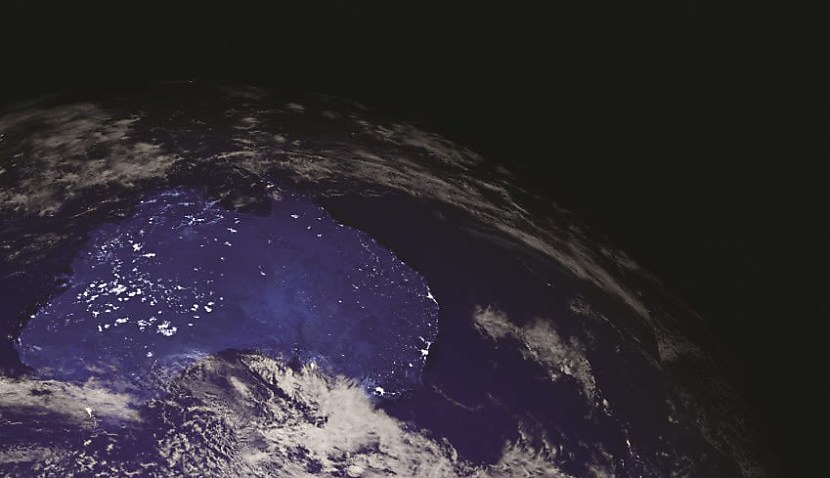
Ahead of his sessions at AusSpace24 in May, Michael Jones said it is “irrefutable that space is a low priority” for Labor.
“I think it is disingenuous of any government politician to say that space is a priority to them,” Jones told Space Connect.
“I take issue with the deception and denial of the fact that they’re abandoning space because it is so transparently untrue. It hurts our industry both here and abroad.”
Jones said the government seems to be using the national reconstruction fund as a “proxy” for supporting the industry, but new initiatives have not materialised.
He echoed similar sentiments widely expressed by industry at the Australian Space Summit last year, where he said the lack of federal government support “makes me nervous and it makes the job really hard”.
At this year’s summit, he will delve into how to commercialise space so the industry is relevant to the Australian economy and the broader global space sector.
“When we’ve had meetings with potential investors, their feedback has been that they were staggered by the ambivalence of this government towards their support of the space industry, and how it ideologically does not fit with their environment,” he said.
“I think Deputy Prime Minister Richard Marles believes investing in space is a positive thing for them but running that through Minister Ed Husic’s (minister for industry and science) portfolio in an ideological sense is challenging.”
Left-leaning government has other priorities
When asked why he believes that the space industry is a low priority for the government, Jones responded that “my observations are that it does not fit their constituent base”, adding that this is a global theme.
“It’s not unique to this government, which is a left-leaning, union-based entity. It holds a more socially conscious view. I don’t think that they really believe at this point in time that space is a priority, especially when they have so many other priorities,” Jones said.
“They’re trying to display a very non-Labor government characteristic of fiscal responsibility and bringing the budget back without a massive deficit. They’ve made hard choices and space is one of the casualties.”
Jones also said the government has displayed some tokenism where it provides small amounts of funding and claims that it supports space, “but the reality is that it doesn’t”.
For example, when Equatorial Launch Australia announced in 2022 that it is preparing a commercial launch of three suborbital sounding NASA rockets from the Arnhem Space Centre in the Northern Territory, Prime Minister Anthony Albanese was in attendance at the main press conference in Darwin.
However, Jones said the Prime Minister dominated the spotlight on the day of the launch press conference with NASA despite providing no support for the launch.
“He returned from Indonesia when we announced our launch, and almost physically pushed our former chief financial and commercial officer out of the way at our press conference and he really wanted to have his name next to NASA. We had to force our way in to even get a mention,” Jones said.
“I’m sure they’ll want to participate and bathe in the glory when we are doing multiple launches a year. I am absolutely looking forward to saying that we got here in spite of the government.”
How governments could support space
Jones said the government must support the Australian space industry when they make investment decisions in relation to defence and civil space “for the betterment of the lives of Australians”.
If this does not happen, he warned that Australia risks falling behind given the rapid advancements in technology and how the world will operate in the future.
“When major financial institutions do their due diligence on potential investment, they ask us why they should support us when the government doesn’t. It’s a tough question to answer,” Jones lamented.
Finally, he called for the government to conduct a holistic assessment of the measures required for the domestic space industry to keep pace with its global counterparts and how this could benefit the Australian economy.
Following this, Jones concluded, it could seed certain programs to allow businesses to develop and innovate.
To hear more from Michael Jones about how commercialising the Australian space industry could boost the economy, come along to the AusSpace24 Australian Space Summit and Exhibition.
It will be held on 28 and 29 May 2024 at ICC Sydney.
Click here to buy tickets and don’t miss out!
For more information, including agenda and speakers, click here.
This summit is produced by Captivate Events. If you need help planning your next event, email director Jim Hall at [email protected]
Receive the latest developments and updates on Australia’s space industry direct to your inbox. Subscribe today to Space Connect here.









